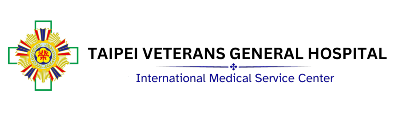Endoscopic Endonasal Approach for Skull Base Surgery (EEA)


Overview
The Endoscopic Endonasal Approach, a minimally invasive surgical approach to the skull base, is an innovative surgical technique used to remove brain tumors or sinonasal tumor with skull base or intracranial involvement all through the nose. At TVGH, the multidisciplinary team of neurosurgeons, otolaryngologists, and physicians have worked together to assess, plan and manage patient care. Since 2015, TVGH surgical team have been treated more than 680 patients using Endoscopic Endonasal Approach, and is the most experienced team here in Taiwan.
Features Summary
This minimally invasive approach uses the nose and sinuses as natural corridors to access lesions with skull base or intracranial involvement without disturbing the face or skull.
There are many benefits to EEA surgery compared to traditional, open neurosurgery that may improve patients’ quality of life:
- No incisions to the patient's skull or face
- Faster recovery time
- Reduced risk of neurologic damage
Procedure
The EEA surgery is done transphenoidally (going through the nose) using an endoscope with two-surgeons (neurosurgeon and otolaryngologist) four hands technique. After removal a targeted area at the base of the skull, the tumor can be removed directly without manipulating the brain.
Notification
- After surgery, the nasal passage is filled with compressible packing. The packing is removed prior to discharge and in the office after discharged.
- Patients are instructed to avoid activities that increase pressure of spinal fluid inside the head (bending, lifting, straining, nose-blowing) for a month after surgery in order to minimize the risk of a spinal fluid leak.
- Patients are initially seen weekly for nasal endoscopic examination and crust removal. By three to four months, there is usually complete healing and less crusting. Additional follow-up depends on diagnosis, need for additional treatment, and symptoms.
- Most patients will experience a loss of smell and taste for several months following surgery due to nasal packing. However, this will often recover as healing occurs.
Estimated Cost
For estimated medical costs, please contact International Medical Services Center.

